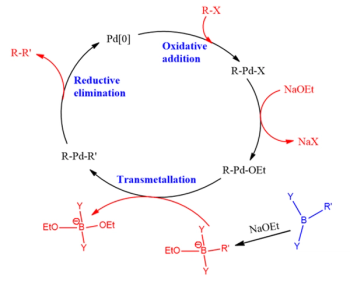
Proteomics Market to Reach $107B Valuation by 2030
Chromatography is predicted to be a major player among instrument technologies, but spectroscopy and electrophoresis may also increase their market shares.
The demand for proteomics and its associated techniques have increased over the last several years, according to Vantage, because of its role in disease diagnosis, particularly the early detection of cancer. The research firm said that the biomarkers identified by proteomics help to discover therapeutic targets in biospecimens that drive market demand.
As of 2022, Vantage said, the proteomics market was dominated by North America, with the continent’s 42.3% share of revenue attributed to generally advanced healthcare infrastructure. But trend-watchers say governments primarily in the Asia/Pacific region, like those of China and India, but also in other corners of the world such as Brazil, are now investing heavily in the research and development of new potential drugs as proteomics research and technology continues to transform the pharmaceutical industry. Those are the regions which are forecast to experience the maximum market growth by 2030.
Where instrumentation technologies are concerned, Vantage predicts chromatography to claim the fastest market share growth. Chromatography is also predicted to be the area in which reagent growth most impacts the industry. Vantage lists nine companies as major players in the global proteomics market scene currently: Illumina, Agilent, Bio-Rad, GE Healthcare, Thermo Fisher, Hoffman-La Roche, Promega, Merck, and Danaher.
Proteomics-based solutions, according to the report, reach farther than just cancer detection and treatment. As the frequency of other chronic illnesses such as diabetes and heart disease increase worldwide, the need for customizable medicines that detect protein biomarkers is expected to intensify.
Spectroscopy, electrophoresis, and protein microarrays and fractionation are some of the other instrumentation technologies that can be anticipated to undergo market growth between now and the end of the 2020s.
Newsletter
Join the global community of analytical scientists who trust LCGC for insights on the latest techniques, trends, and expert solutions in chromatography.




